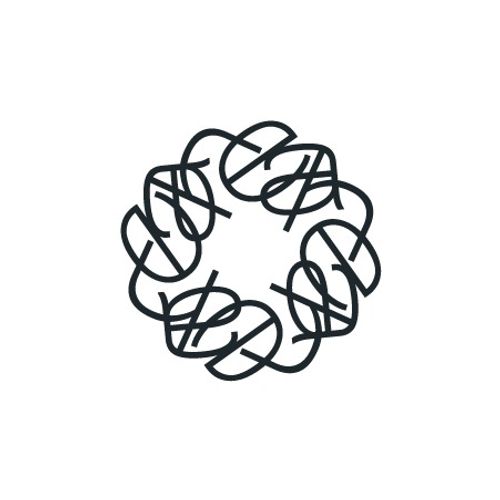Episode 138
The Current Diagnostic Approach to MDS (with Dr Onima Chowdhury)
In this episode, Dr. Onima Chowdhury, a hematologist from the University Hospital in Oxford, talks about the diagnostic workup of Myelodysplastic Syndromes (MDS). With a focus on both clinical practice and research, Dr. Chowdhury outlines the essential steps and tests required for diagnosing MDS, discusses the role of morphology, cytogenetics, and the significance of NGS panels in the diagnostic process.
The conversation also touches on the potential of artificial intelligence in diagnostics, the prognostic value of genetic mutations, and the importance of considering germline disorders in MDS. This episode is a must-listen for healthcare professionals seeking to deepen their understanding of MDS diagnostics.
Host: Prof Kirsten Grønbæk
Guest: Dr Onima Chowdhury
Learn More
What did you think of this podcast? Share your opinions with us in this short feedback survey.
https://forms.monday.com/forms/d02e52896815eef59ecae09fb74dd78f?r=use1
Would you like to explore more eLearning or podcasts? Please visit the EHA Campus.
Subscribe, share, and review this podcast to be able to address topics you enjoy and like to listen to.
Follow EHA on Instagram: https://www.instagram.com/EHA_Hematology/
Facebook: https://e-h-a.link/facebook
LinkedIn: https://www.linkedin.com/company/eha/
Email us: education@ehaweb.org
Subscribe to receive the EHA Educational Updates via https://eha.news/subscribe

